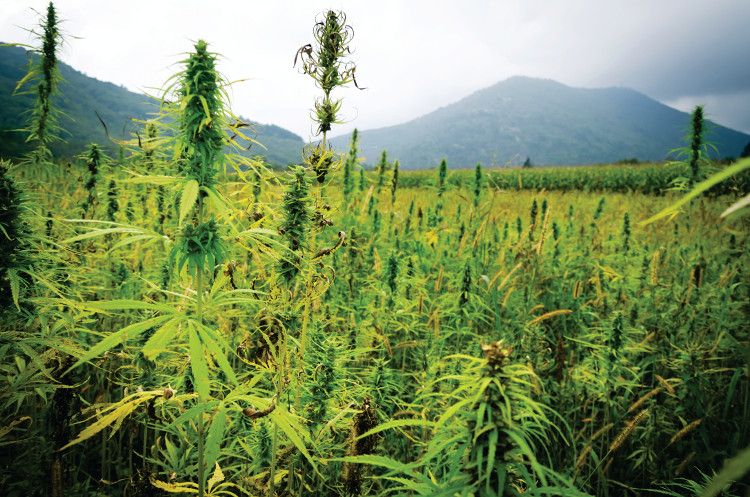Senator Rand Paul introduces HEMP Act, which would amend the definition of hemp
The bill would amend the definition of hemp to raise the threshold of delta-9 THC to 1% from 0.3%.
Photo © iStockphoto.com/AlenaPaulus

On September 26, 2024, Senator Rand Paul (R-Kentucky) introduced the Hemp Economic Mobilization Plan (HEMP) Act. The legislation would amend the definition of hemp to raise the threshold for THC to 1 percent, from 0.3 percent.
“For years, I’ve led the fight in Washington to restore one of Kentucky’s most historically vital crops by legalizing industrial hemp. We achieved a hard-won victory, but there is still work to do to prevent the federal government from weighing down our farmers with unnecessary bureaucratic micromanaging. My legislation will help this growing industry reach its full economic potential and bring transparency to government regulations,” said Paul, in a press release.
With regard to THC levels, the proposed legislation would require the testing of hemp products rather than the plant itself. Additionally, the bill would require hemp shipments to be accompanied by one of two easily accessible types of documentation to prevent legal hemp from being seized during transport. These documents include “a copy of a valid license or other required authorization from the State department of agriculture or Tribal government, as applicable, or a license from the Secretary, issued to the producer,” or “a copy of a certificate from a laboratory demonstrating that the hemp contains a delta-9 tetrahydrocannabinol concentration of not more than 1 percent on a dry weight basis.”










